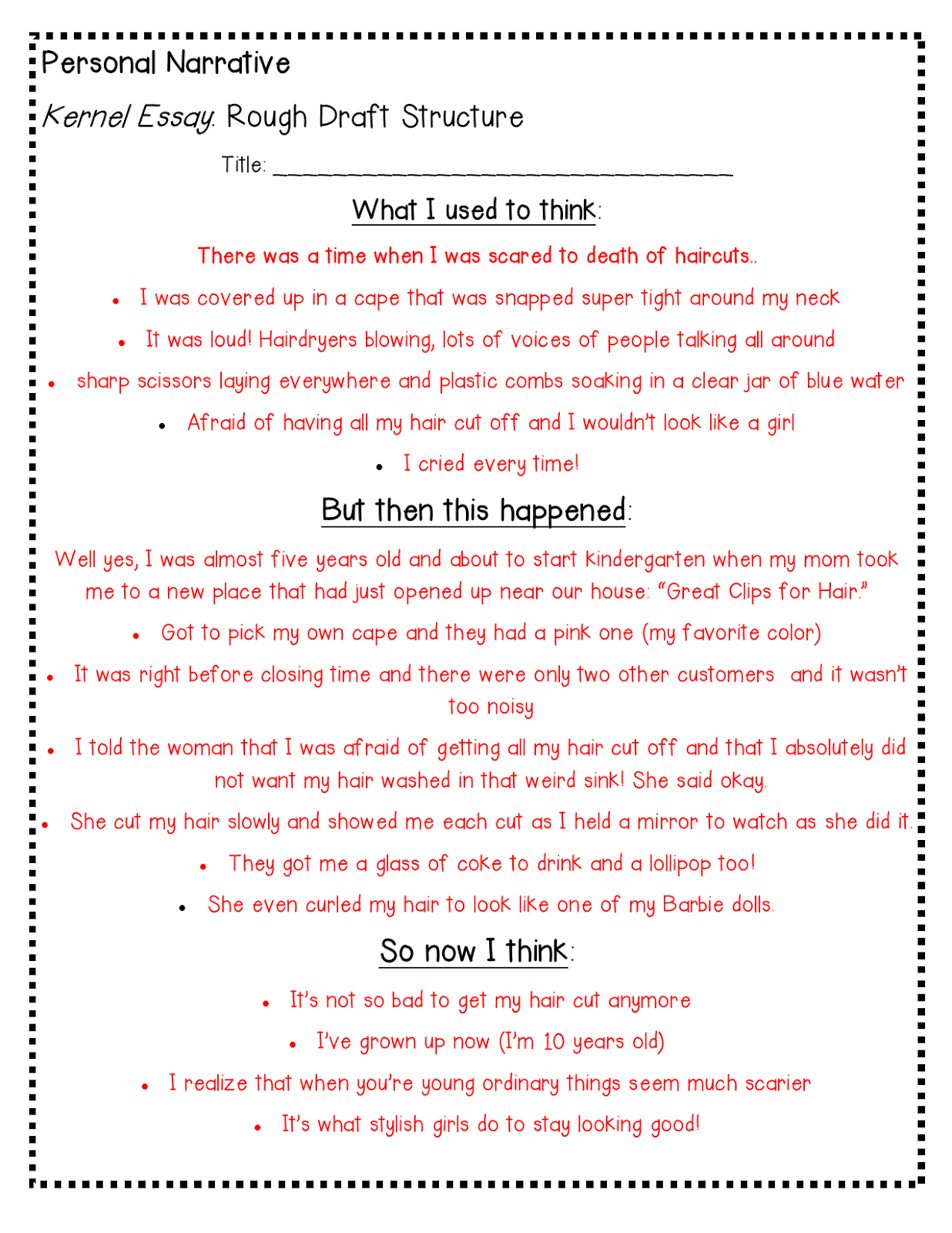
Once you know what want to write about, put a rough draft on paper. If nothing jumps out at you, keep brainstorming or talk with others about some possible topics until something grabs you. See the Purdue OWL's PowerPoint on “ Finding your Focus” for more details on these strategies.Īfter you have generated several ideas, reflect on where you find the most intensity or excitement in what you were writing.
#Tips for writing a rough draft free
You can free write (writing without stopping or censoring yourself), create word association maps (visually clustering concepts that you feel go together), or keep a journal over the course of several days so that you can collect your thoughts in one place. Think about what is most salient for you.īrainstorm by putting your thoughts on paper. You should ask yourself what sticks out the most for you after having read through them. Don’t feel as though you must choose one immediately after reading them. Even the Common Application has six prompts that you can choose from. For instance, in addition to answering one of the standard Common Application questions, Amherst College asks that you write an additional essay responding to one of several quotations.īefore you can start writing your essay, you will need to begin by reading the prompts and questions carefully. as many of these same schools also request that you submit a second essay along with the Common Application essay. For more information on the Common Application and to check which schools participate as members, click here.Īlthough using the Common Application does simplify the processes, make sure that you review each of the schools’ application requirements. Many schools do allow you to use the Common Application essay for admission to several participating schools. You can, of course, adapt the same essay for similar prompts. That is, resist the urge to reuse the exact same essay for different schools if each of them is giving you a slightly different writing prompt. You will need enough time to draft essays that address each of these questions or prompts for each school to which you are applying.ĭon't use boilerplate essays. The reason that you need so much time to work on your essay is primarily because many schools will ask you to write about similar topics, but to do so in different ways.

In fact, you should move each school’s deadline up two weeks so that no unexpected events prevent you from completing and submitting your application. The only thing that left in your control is your writing for the application essay.Īs with all things related to your college application, you will need to start drafting your application essay far ahead of the due date.

You should have already taken, or retaken, the SAT and ACT, your grades from your first three years of high school are set on your transcript, and your recommenders all have their impressions of you that are unlikely to change before the recommendation deadline.

When you sit down to write your application essays, there is very little left that you can control. Advice for Writing Successful Application Essays

In this section you will also find more detailed information about each stage in the application process, as well as a handout on writing the admissions application essay. The resources in this section provide a general timeline for undergraduate applications. Undergraduate Application Timeline and Additional Resources.Writing Letters of Recommendation for Students.


 0 kommentar(er)
0 kommentar(er)
